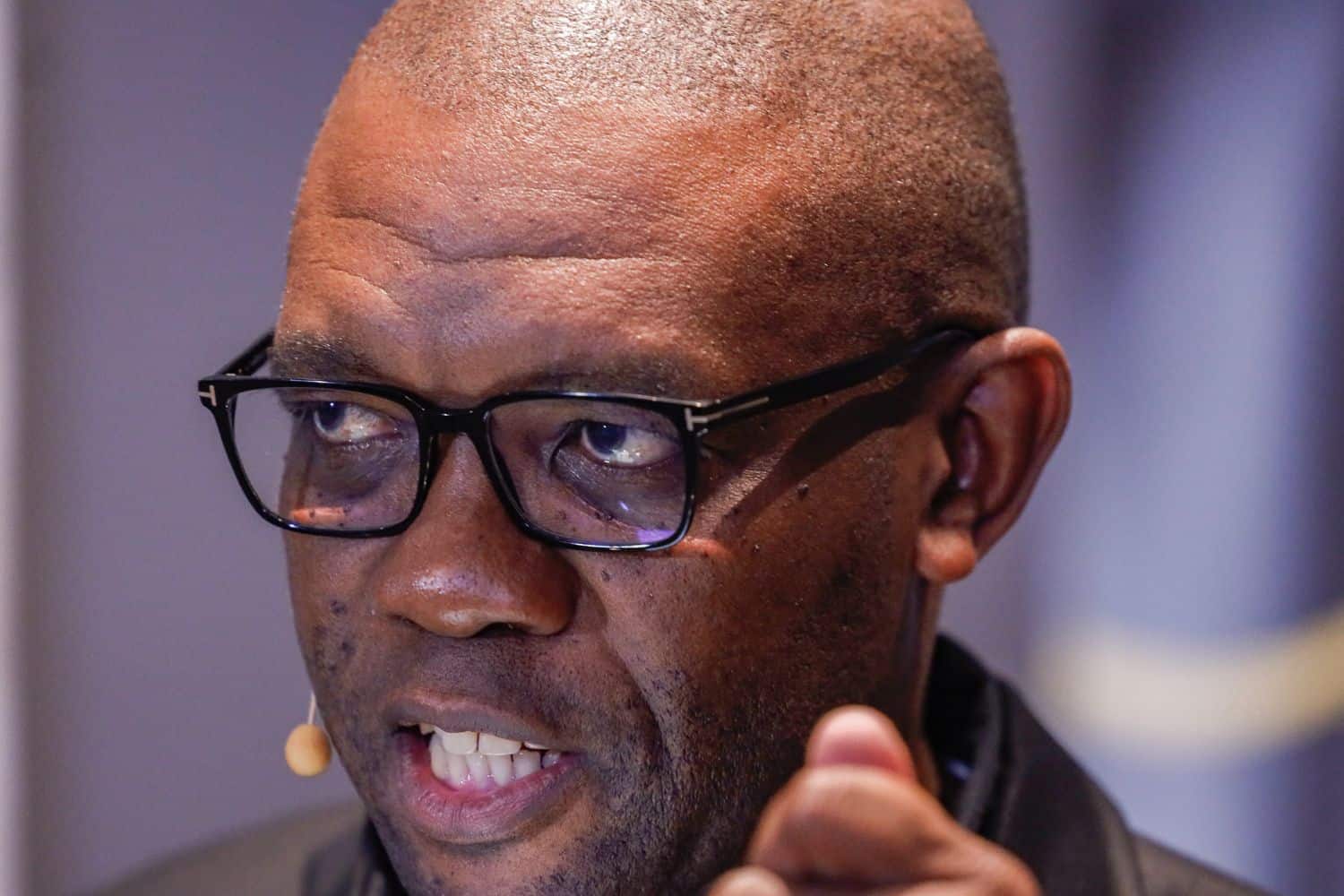Day one of the inquiry ran for eight hours, with RAF officials testifying before the committee.

The parliamentary inquiry into the Road Accident Fund (RAF) began on Tuesday, with officials outlining how claims are processed.
The Standing Committee on Public Accounts (Scopa) initiated the inquiry in June to investigate RAF’s financial state amid numerous allegations of maladministration, financial impropriety, and the misuse of public funds.
The decision followed repeated, but largely unsuccessful, attempts by Scopa to obtain full information about RAF’s affairs from the entity’s board and executive management.
The inquiry will cover a five-year period, from the 2020/2021 to 2024/2025 financial years, and will examine RAF’s governance failures, financial mismanagement, procurement and supply chain irregularities, as well as legal and litigation expenditure.
Reports of fraud, corruption, and whistle-blower complaints also fall within the inquiry’s terms of reference.
The hearings are expected to continue until 7 November.
RAF inquiry: How claims work
Day one of the inquiry ran for eight hours, with RAF officials testifying before the committee.
Tshepo Moatshe, RAF’s acting Chief Claims Officer, explained how the entity processes claims to compensate victims of road accidents.
Moatshe told Scopa that claims must be submitted within a specific timeframe from the date of the accident to prevent prescription — when a claim becomes invalid.
For a hit-and-run incident, a claim must be submitted within two years.
ALSO READ: Dramatic change is coming at the RAF
Where the driver is known and insured, the claim should be submitted within three years.
“There’s categories where we have got people that are in mental institutions, or they have been diagnosed by psychiatrists not to be well.
“Their claims would not necessarily prescribe sooner than the people that are not having those challenges,” Moatshe said.
Watch the RAF inquiry below:
He further informed MPs that an attorney must issue a summons within a specific period after lodging a claim; otherwise, it will lapse.
“That claim will prescribe even if it’s sitting with RAF.”
Moatshe added that the RAF, which has almost R19 billion in outstanding claims, provides assistance to accident victims who lack access to legal support.
“Within our various offices, we have got walk-in centres where people can consult.”
RAF’s direct claims departments
According to Tebogo Tshaka, acting Senior Claims Manager at RAF’s Pretoria office, the direct claims departments across provinces help individuals without lawyers and ensure that all necessary documents are submitted to prevent claims from prescribing.
“If there’s a need for an accident report, the direct claims department ensures that such important documents are sought and are brought to the Road Accident Fund via all different units that are within the department, with the sole intention of ensuring that the claim is made an offer and settled within the five-year period,” Tshaka said.
RAF’s acting Strategy and Transformation Officer, Rodney Mkhabela, also revealed to the committee that the entity launched a backlog campaign earlier this year.
“We started with an impound campaign contact centre where we received approximately 1 698 enquiries, and we settled 97% of those,” he said.
READ MORE: High Court order may push RAF closer to collapse
Following this, RAF launched an outbound campaign, calling over 65 000 claimants directly from the entity’s system.
“The purpose is to say, ‘Mr So-and-so, we are still awaiting documents which will enable us to process your claim.’
“We do have challenges, of course, where some of the claimants have given up, and there are reasons why so.
“In most instances, they are represented claimants who say, ‘I haven’t heard from my lawyer for an x number of years.’”
Mkhabela added that every claim is treated as a liability, regardless of when it was lodged.
“We don’t discriminate in terms of the timelines.”
Settlement period
Later, Moatshe informed MPs that RAF has 120 days to settle a claim and 180 days to make payment after settlement or a court order.
“The 120 [days] is to settle a claim to the fund, and then the 180 is to pay after the settlement or a court order has been issued,” he said.
He added that the 180-day window allows time for the availability of funds to pay claims, starting from the date of settlement or court order.
New RAF board and CEO
Meanwhile, Deputy Transport Minister Mkhuleko Hlengwa informed MPs that the inquiry coincides with a legislative review of the RAF Act.
“We are at the tail end, if not having finalised, the RABS [Road Accident Benefit Scheme] Bill to ensure that it now goes to Cabinet… to Parliament, amongst others, to deal with these substantive issues, which are of concern to the entity,” he said.
Hlengwa highlighted that RAF currently has an interim board in place and has advertised for a permanent board.
He added that the recruitment process for a new CEO was also in progress, with applications closing in late September.
“The filling of vacancies at this time is also a priority and in process. I don’t anticipate that those positions will be filled in the midst of this inquiry.”
Former RAF CEO Collins Letsoalo’s contract expired in August.
He had been placed on special leave in May for insubordination, followed by a precautionary suspension in June.
Letsoalo subsequently lost a court bid to have his suspension declared unlawful before his contract.
NOW READ: RAF board offers an olive branch to claimants’ attorneys
Support Local Journalism
Add The Citizen as a Preferred Source on Google and follow us on Google News to see more of our trusted reporting in Google News and Top Stories.






